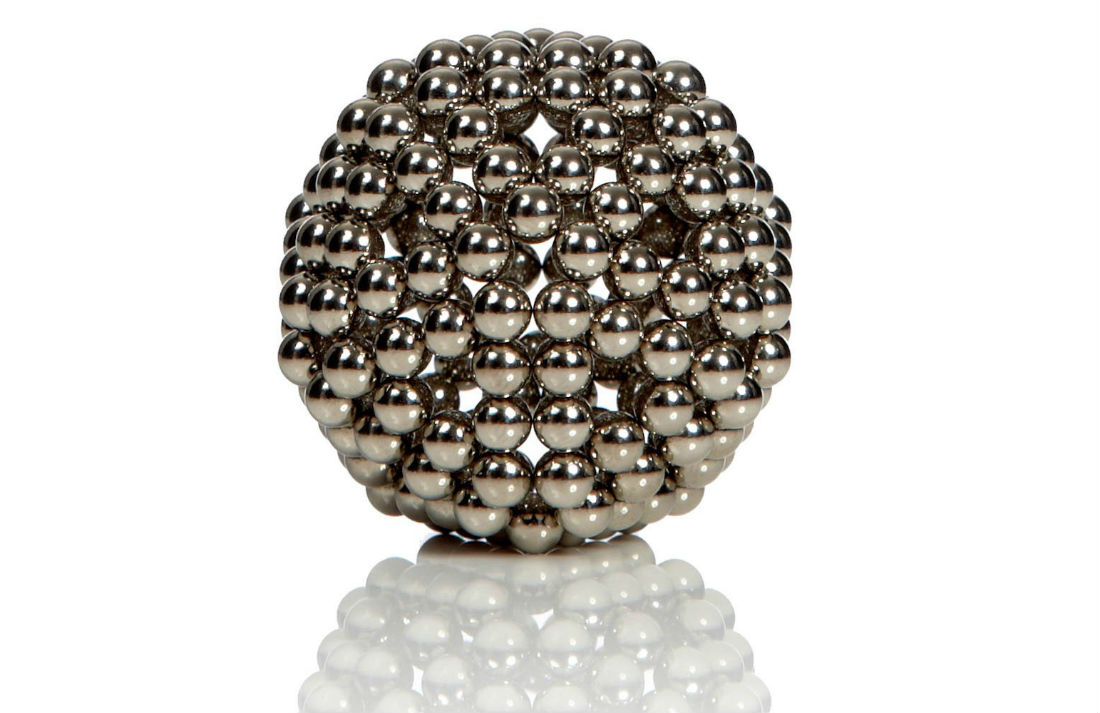Not your average product recall: improving retail safety
The safety expectations placed on suppliers in China are vastly different from those in the west. The growth of Internet giant, Alibaba has seen a new wave of ‘made in China’ products reach the US, but are they safe?
Buckyballs sweep the US
In 2009 a new toy stormed the US market. Buckyballs – tiny, highly magnetic spheres constructed of rare earth metals were a runaway success and registered $40 million dollars in sales over their first four years.
However, the same magnetic attraction that made the balls so much fun to play with, also made them incredibly dangerous if they wound up inside the human body. Despite only being marketed to adults, the small, candy like appearance of the product meant they had a habit of turning up in the digestive tracts of young children.
In his blog, Gastroenterologist Byran Vartabendian, gave the following horrifying rundown of what happens when the balls are accidentally swallowed.
“When two are ingested they have a way of finding one another. When they catch a loop of intestine, the pressure leads to loss of blood supply, tissue rot, perforation and potentially death.”
It was estimated that between 2009 and 2011, 1700 children passed through US emergency wards after having ingested the high-powered magnet.
In 2014 – the U.S. Consumer Product Safety Commission (CPSC), a US federal agency established to stop hazardous products entering US homes – recalled the product, claiming a ‘substantial risk of injury and death to children and teenagers’.
While this ruling signalled the end for Buckyballs (a then multi-million dollar product), its five years of success and profitability had inspired a number of competitors to emerge. Many of these competitors were selling the same dangerous product direct to US consumers through the Chinese online retail platform Alibaba.
Not your average product recall
This disparate, multinational supply chain presented a significant challenge for the CPSC.
In the past the agency would have simply issued a recall, shut down warehouses and monitored local stores to ensure no substitute products appeared.
Today however, the supply market for the high-powered magnets (as well as thousands of other toys) stretches well beyond US toy stores. The proliferation of online shopping has meant that controlling the purchase point of these products has become infinitely more difficult to manage. The CPSC’s chairman Elliot F. Kaye highlighted this recently when he said:
“Long gone are the days when we could pull stuff off of shelves,”
“We anticipate the next frontier will be outside of US borders.”
Working together for Product Safety
In response to this new challenge, the CPSC has announced a partnership with Alibaba. The agreement, the first of its kind between the CPSC and a foreign owned website, will see the two organisations collaborate to limit the movement of hazardous toys into the US.
The CPSC has given Alibaba a list of 15 Chinese produced products (including Buckyballs) that have been recalled from US shelves and requested that retailers on the e-commerce platform cease selling these goods directly to customers in the United States.
At the time of writing Alibaba was yet to detail how it planned to carry out the promises it has made to the CPSC, but a spokesman from the online retailer did state the company’s intention to:
“work (sic) collaboratively with the chairman and his team to do everything possible to protect consumers.”
2014 was huge for Alibaba in the US
This commitment to product safety from Alibaba comes at a time when the firm is making significant headway into the US market and arguably represents the company’s dedication to ongoing success in western markets.
In 2014 the online platform became one of the world’s most valuable companies and its owner instantly garnered the title of China’s richest man – after it raised $25 billion USD in its US IPO.
In September of 2014 the company had an estimated market cap of $215 billion USD, a valuation outshone in the tech space only by Apple, Google and Microsoft.
As well as its success on the US stock exchange, Alibaba opened 11 Main – its first website dedicated to US consumers in July of 2014.
Is its size a hindrance to growth?
The greatest challenge for Alibaba’s plans to smoothly and safely transition into western markets is the sheer size of its vast online marketplace.
Alibaba is not only the world’s largest e-commerce marketplace, but it is also the fastest growing. The company has hundreds of millions of users, hosts, and merchants.
This immense size, combined with the fact that Alibaba doesn’t actually own any of the products being sold on its website, makes it nearly impossible to ensure product safety measures are anything but reactive.
A Sea of Counterfeits
This sort of criticism is not new for Alibaba. As recently as last year the company’s inability to effectively control the standards of its sellers came under fire. This time for the way counterfeit or ‘fake’ products sold by its merchants had been managed.
Haydn Simpson – a product director at counterfeit-tracker NetNames, claims his clients (mostly well known international brands), estimate that 20 per cent to 80 per cent of the products listed on Taobao (an Alibaba owned site) with their nametag are in-fact fakes.
In response to these claims, Alibaba last year spent more than $160 million USD attempting to remove fakes from its website. However even the briefest look on the platform shows that this initiative was entirely fruitless and counterfeit products can still easily be found on the website.
So how then is the CPSC – a US federal agency with a 2014-operating budget of $117 million USD, supposed to ensure product safety in this vast marketplace?
One thing is for sure, if they plan on tackling the problem15 products at a time, they’ve got a long road ahead of them.
